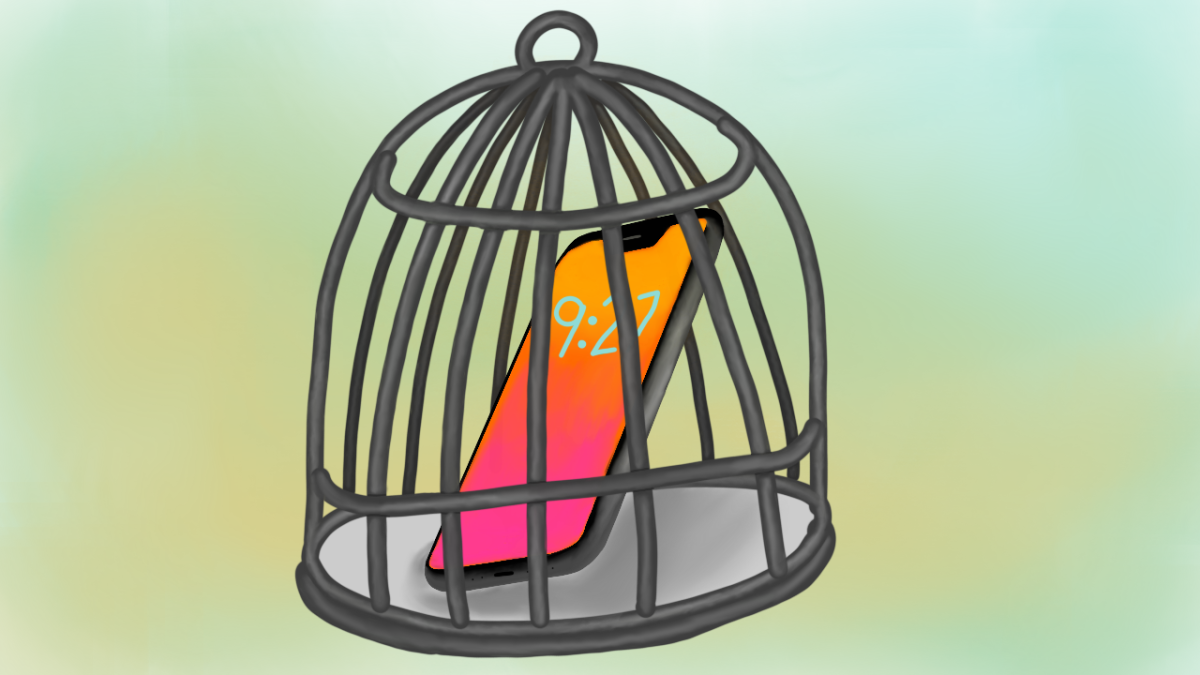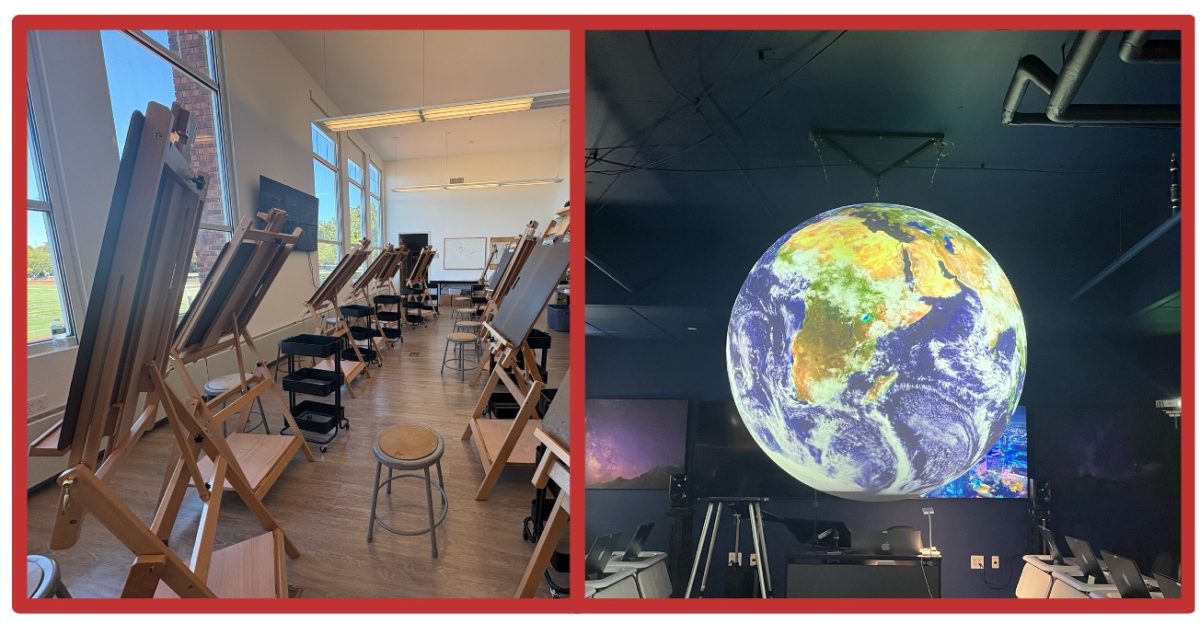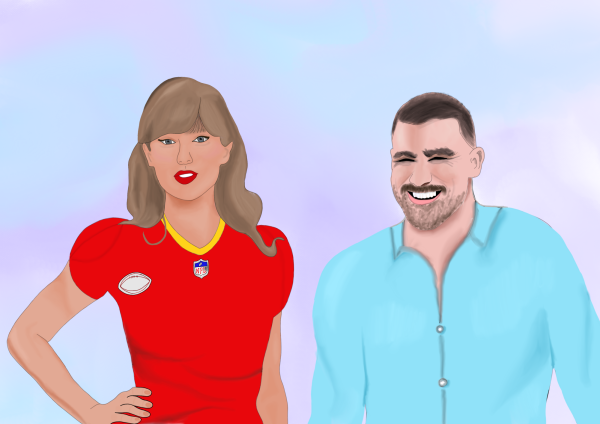Changing COVID Protocols
June 7, 2022
Walking into school on March 7, 2022, felt vastly different from what it has felt like during the last two years. As multiple people mentioned, they felt as though they were naked, something was missing. And walking into classes that day and the next, students were welcomed by their teachers with a range of greetings from “omg I finally get to see your faces in person” to, “wow, this is weird, I don’t like this”. So while COVID numbers are still climbing on a day-to-day basis, masks have virtually disappeared from the Morristown-Beard community.
On March 7, 2022, Governor Murphy lifted the statewide mask mandate for schools. Our school, which has been closely following the recommendations of the New Jersey Department of Health, the CDC, and the Governors mandates, quickly complied. This adjustment in our school’s COVID protocols also called for masks to be optional on buses and as mentioned in a community newsletter from Mrs. Morrison, “Students and staff who have tested positive and are asymptomatic may return to school during days 6-10 of quarantine but are required to wear a mask in school.” Of course, this is due to the substantially lower number of people infected in the United States, but all policies are subject to change as the situation surrounding COVID changes as well. In the meantime, let’s take a look at what’s going on with COVID in the local community and in the world.
As of April 10, 2022, the predominant variant of COVID being transmitted throughout communities is the omicron variant. However, there is another variant that is a bit less well known, and a subvariant of omicron, BA.2. The BA.2 has also been called “stealth omicron” as it has caused recent surges, particularly in areas where safety precautions have been relaxed. As mentioned in a past article, omicron and subsequently BA.2 cause less severe disease than the delta variant, but it’s still nothing to scoff at seeing as it is still hospitalizing people, primarily those unvaccinated, every day. And yes, there is substantial evidence that the vaccines are able to prevent COVID-19 omicron variant associated emergency department encounters by 82% and COVID-19 related hospitalizations by 90%. However, “New variants of the SARS-CoV-2 virus are detected every week” according to Dr. Stuart Ray, so scientists are still keeping a careful watch on all of these variants, especially those that could possibly persist and become more widespread. While the U.S is definitely doing much better, only racking up 13 thousand cases per day, compared to the average 800,000 cases per day in late December, China, particularly Shanghai, is having some problems.
As of April 10th, the entirety of Shanghai, a population of nearly 26 million and one of China’s most prosperous cities, is in its second week of lockdown. Though the city has largely avoided an outbreak up until this point, as the city logs more than 64,000 cases in the last week and mass testing and isolation occurs, the number of cases continues to rise along with controversial stories. As is fairly well known, China has a zero-tolerance policy concerning COVID. If someone comes in contact with another person who’s tested positive for COVID they would be sent to isolate in government quarantine wards. So it was after most doctors and emergency service workers got sent away that some controversial events started to take place. In places like homes for the elderly and nursing homes, if doctors and other staff members are in close contact with someone who’s tested positive for the virus, they all have to leave and go isolated in the government quarantine wards, thus leaving those in the nursing home to sometimes have to fend for themselves. Unsurprisingly, that’s caused some uproar not only in China where most news stations are controlled by the government thereby censoring this information but also in the western world where people criticize the methods by which they are employing during this outbreak.
Overall, while matters of COVID have been largely overshadowed by the Russo-Ukrainian crisis and other breaking news, it’s still important to keep up with what is going on regarding COVID and be ready to adjust if healthcare professionals believe it is what will keep ourselves and our communities safe.




